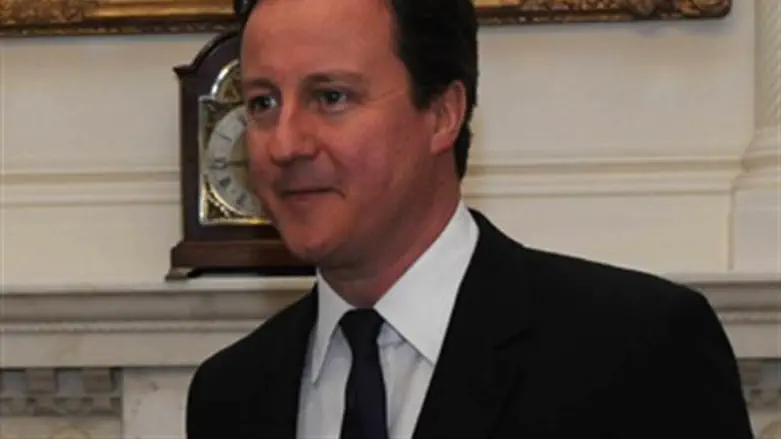
The British government reiterated on Friday that it does not believe military action against Iran would be appropriate at the moment, The Guardian reported.
The statement was made following the disclosure by The Guardian that Britain has rebuffed U.S. requests to use UK military bases to support the buildup of forces in the Gulf.
A statement by Cameron’s office quoted by the newspaper said, “We are working closely with the U.S. with regard to UK bases” but “the government does not think military action is the right course at this point of time.”
The Guardian has been told that U.S. diplomats have also lobbied for the use of British bases in Cyprus, and for permission to fly from U.S. bases on Ascension Island in the Atlantic and Diego Garcia in the Indian Ocean, both of which are British territories.
British ministers have so far reacted coolly, noted the report. On Friday, Downing Street said such contingency planning was something that was done as a matter of routine.
They have pointed U.S. officials to legal advice drafted by the attorney general's office and which has been circulated to Downing Street, the Foreign Office and the Ministry of Defense.
It states that providing assistance to forces that could be involved in a pre-emptive strike would be a clear breach of international law on the basis that Iran, which has consistently denied it has plans to develop a nuclear weapon, does not currently represent "a clear and present threat."
"The UK would be in breach of international law if it facilitated what amounted to a pre-emptive strike on Iran," a senior Whitehall source told The Guardian. "It is explicit. The government has been using this to push back against the Americans."
Sources told the newspaper the U.S. had yet to make a formal request, and that they did not believe an acceleration towards conflict was imminent or more likely. The discussions so far had been to scope out the British position, they said.
"But I think the US has been surprised that ministers have been reluctant to provide assurances about this kind of upfront assistance," said one source. "They'd expect resistance from senior Liberal Democrats, but it's Tories as well. That has come as a bit of a surprise."
The UK has assumed that it would only become involved once a conflict had already begun, noted The Guardian, and has been reluctant to commit overt support to Washington in the buildup to any military action.
"It is quite likely that if the Israelis decided to attack Iran, or the Americans felt they had to do it for the Israelis or in support of them, the UK would not be told beforehand," said the source. "In some respects, the UK government would prefer it that way."
Britain is one of six global powers that have led a series of negotiations with Tehran in an attempt to reach an agreement over its nuclear program.
The EU, leading the diplomatic efforts to resolve the dispute over Iran's nuclear program, talked to Tehran to bring it up to date on the latest discussions, officials said Thursday.
The EU's Deputy Secretary-General Helga Schmid and Dr. Ali Bagheri, Deputy Secretary of Iran's Supreme National Security Council, talked on the phone Wednesday, a spokesman for EU foreign policy head Catherine Ashton said.
Ashton's spokesman said that Wednesday's call would be followed by another between her and the chief Iranian nuclear negotiator, Saeed Jalili, "in order to discuss the next steps in our negotiations.”
Jalili and Ashton met in Istanbul on September 18 and Ashton briefed the September 27 meeting in New York on what was discussed.
Meanwhile, Western diplomats said on Thursday that it appears as though Tehran is in its final stages of placing centrifuges in the underground uranium enrichment facility at Fordow.
The sources said that they received indications that Iran has placed in the Fordow facility 640 centrifuges out of the 2,800 that were supposed to be installed there.
(Arutz Sheva’s North American Desk is keeping you updated until the start of Shabbat in New York. The time posted automatically on all Arutz Sheva articles, however, is Israeli time.)